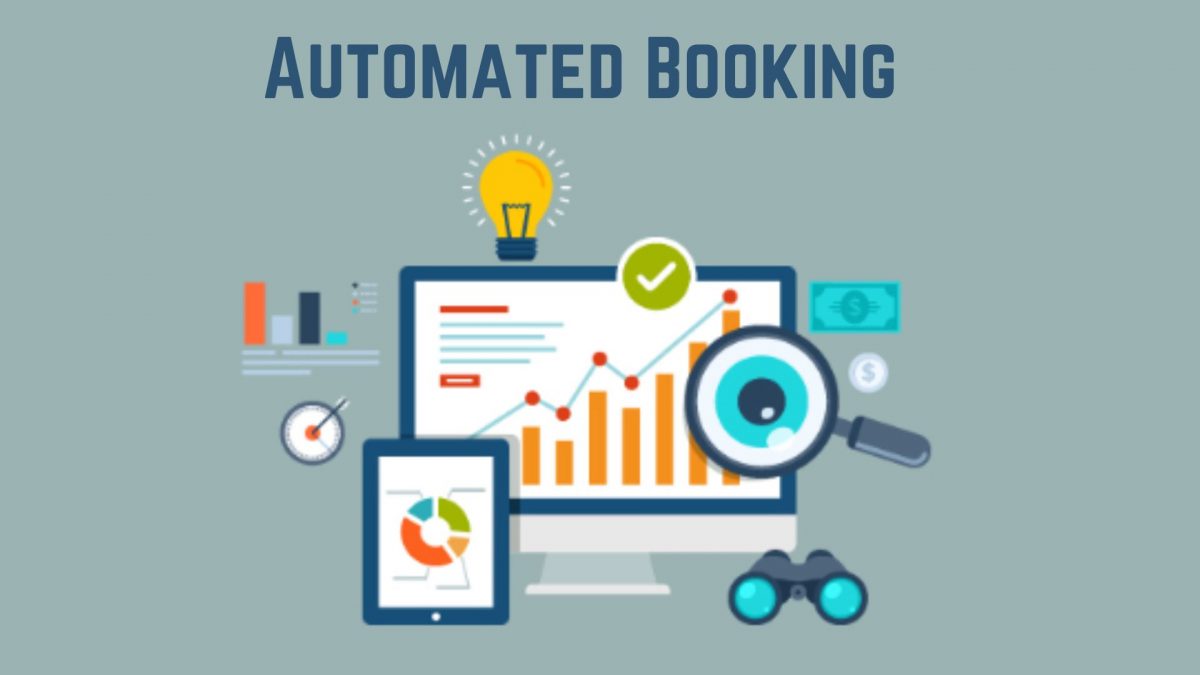
Businesses are increasingly turning to cutting-edge technologies to streamline their processes. One such revolutionary trend is the adoption of automated bookkeeping, a game-changer that is reshaping the way organizations handle their financial data. This article explores the significance of automated bookkeeping and how it is transforming the financial sector, with a focus on its relevance within the operations of the Big 4 accounting firms—PricewaterhouseCoopers (PwC), Deloitte, Ernst & Young, and KPMG.
Understanding Automated Bookkeeping
Automated bookkeeping refers to the use of software and technology to record, organize, and manage financial transactions. This process minimizes manual data entry and reduces the risk of errors, offering businesses greater accuracy and efficiency in their financial operations. As the digital era progresses, the Big 4 accounting firms have recognized the transformative potential of automated bookkeeping in enhancing their service delivery and staying ahead in a competitive market.
Benefits of Automated Bookkeeping

Efficiency and Accuracy: Automated bookkeeping eliminates the need for manual data entry, reducing the risk of human error and ensuring that financial records are accurate and up-to-date. This efficiency allows accounting professionals to focus on more strategic tasks, such as analysis and decision-making.
Real-time Financial Insights: With automated bookkeeping systems, financial data is updated in real-time. This enables businesses and accounting firms to access current financial information instantly, facilitating quicker decision-making and strategic planning.
Cost Savings: The implementation of automated bookkeeping systems can lead to significant cost savings for organizations. The reduction in manual labor hours, coupled with the prevention of errors that may result in financial discrepancies, translates to a more cost-effective and streamlined financial management process.
Enhanced Security: Automated bookkeeping systems often come equipped with advanced security features, safeguarding sensitive financial data from unauthorized access. This aspect is crucial, especially for the Big 4 accounting firms that handle vast amounts of confidential information for their clients.
Big 4 Accounting Firms Embracing Automation

PricewaterhouseCoopers (PwC)
PwC, a pioneer in adopting innovative technologies, has integrated automated bookkeeping into its service offerings. The firm leverages cutting-edge software solutions to enhance the accuracy and efficiency of financial processes, allowing its professionals to focus on providing strategic insights to clients.With headquarters in New York City, New York, PwC has amassed $50.3 billion in revenue, nearly 300,000 employees, and is located in over 155 countries.
Deloitte
As the oldest of the Big 4 firms, Deloitte has a long-standing commitment to staying at the forefront of industry trends. Deloitte’s adoption of automated bookkeeping reflects its dedication to providing clients with real-time financial insights and a more agile approach to financial management.In 2022, they earned a global revenue of $59.3 billion, employ 330,000 people, and are located in over 150 countries.
Ernst & Young (EY)
EY, formed through a merger in 1989, has embraced automation to optimize its financial management services. The firm recognizes the value of automated bookkeeping in improving accuracy and efficiency, ultimately delivering better outcomes for clients across various industries. They boast a revenue of $45.4 billion, 300,000 employees, and locations in 150 countries.
KPMG
While KPMG may be the smallest of the Big 4, it has not lagged behind in embracing automation. KPMG leverages automated bookkeeping to enhance its operational efficiency, reduce costs, and deliver high-quality financial services to its clients.KPMG is the only Big 4 bank located in Culver City, California. KPMG is located in over 155 countries, has 227,000 employees, and has a 2022 revenue of $34.6 billion.
Challenges and Considerations
Although the advantages of outsourced bookkeeping are undeniable, it is crucial to recognize and address the challenges inherent in its implementation. One significant concern revolves around the issue of data security, as the reliance on automated systems exposes sensitive financial information to potential breaches and cyber threats. Furthermore, the successful operation of automated bookkeeping systems necessitates skilled professionals who can proficiently manage and troubleshoot these intricate technologies. The demand for a workforce with the expertise to navigate these systems underscores the importance of ongoing training and development within organizations.
Another obstacle to seamless implementation is the potential resistance to change within organizations. Employees accustomed to traditional bookkeeping methods may be hesitant or skeptical about adapting to automated processes. Overcoming this resistance requires effective change management strategies, clear communication, and emphasizing the long-term benefits of efficiency and accuracy.
Summing Up
The Big 4 accounting firms understand the imperative of staying ahead of the curve. Automated bookkeeping is not just a technological trend; it’s a strategic tool that enhances efficiency, accuracy, and overall financial performance. As PwC, Deloitte, EY, and KPMG continue to integrate automated bookkeeping into their operations, they are poised to lead the way in providing clients with cutting-edge financial services in the digital era. The journey towards fully automated financial management is an exciting evolution that promises to reshape the landscape of accounting and finance, setting new standards for precision and agility in the years to come.







